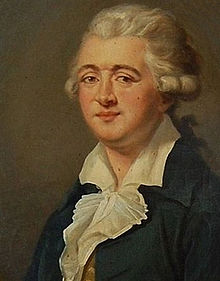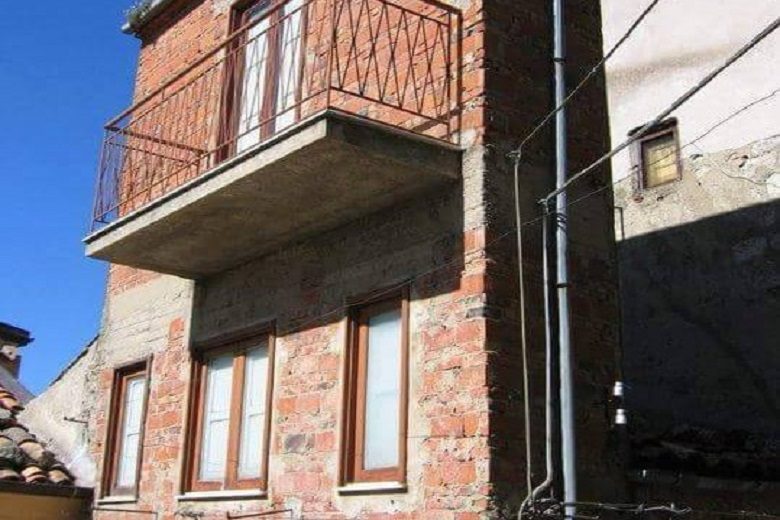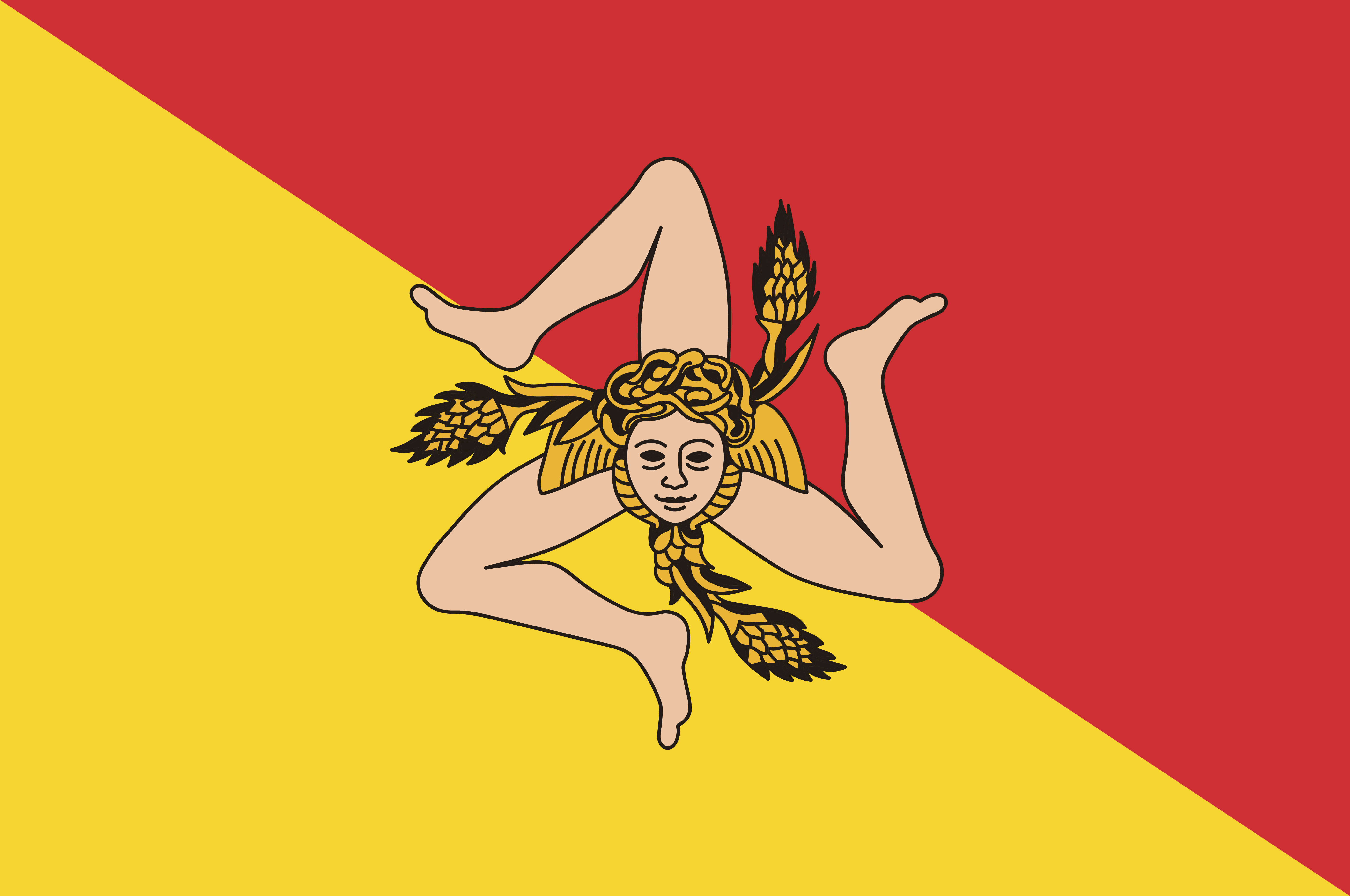Francesco Procopio dei Coltelli: the man who invented gelato
Arab sorbet and Sicilian ice-cream were first exported to Paris and then on to the rest of the world: all thanks to a man few know about, but everyone should be thankful to.
«It’s hot, let’s have a gelato!»: we’ve all said it at least once. But if we can enjoy our favourite refreshing dessert we have to thank Francesco Procopio dei Coltelli, a Sicilian cook who opened the first café in Paris.
Francesco Procopio Cutò. Born in either Acitrezza or Palermo in the mid-600’s, Francesco Procopio Cutò (his original surname that he later transliterated into the French des Cuteaux) left Sicily for Paris early in his life, driven by his desire to create a business. He had inherited from his grandfather a machine capable of making sorbets, an ancestor of gelato of Arab origin, and soon decided to expand his production.

Le Café Procope. With a great intuition, Procopio decided to export his delicious goods and soon arrived in Paris, where in 1686 opened “Café Procope”. The store still exists at the 13 of rue de l’Ancienne Comédie and now hosts a restaurant. It could had been the very first café opened in Paris or perhaps in Europe, even before Procopio’s take over. Thanks to its location right in front of the Comédie-Française, the establishment quickly became the favourite of many prominent personalities. Individuals like Voltaire, Balzac, Hugo, Robespierre, Diderot, D’Alembert, Napoleone and Benjamin Franklin enjoyed Procopio’s specialties: it’s not unlikely that a few of the articles of the Encyclopédie were written on Café Procope’s tables.

“A gelato-licence”. The reason for Café Procope’s success lies in its offer: gelato. By replacing honey with sugar and adding a pinch of salt to make the ice melt more slowly, Procopio greatly improved sorbets, while his grandfather’s machine did the rest. The restaurateur offered “frozen waters” (granite), lemon or orange gelato and strawberry sorbets: these refreshing delicacies allowed him not only to obtain French citizenship, but also to get a royal licence issued by the Sun King Louis XIV, making him the sole producer of the dessert.
Translated into English by Francesco Raciti




The History of Ice-Cream | Chaparral Ice Cream
5 years ago[…] Ice cream became popular outside China after Marco Polo introduced it to Italy. It is said that during his exploration in China he found out ice creams and the process of making it. He then revealed the recipe to Italians. However, few argue that the recipe Marco Polo shared was similar to what we call as sherbet today. When Catherine de Medici from Italy married France’s Henry II, she introduced the concept of ice cream to France in 1553. Only in 1660 was this royal dessert introduced to the general public. Café Procope which was the first café in Paris had an ice cream made from blending milk, butter, cream and eggs. The credit of this modern recipe goes to the owner of the café, Sicilian Procopio. […]
What’s the Difference Between Gelato and Ice-cream? - FYI Delray
5 years ago[…] started serving gelato there. His gelato was popular in general, but also among some of the most notable literary figures of the time in Paris—such as Voltaire, Balzac, Hugo, Diderot, D’Alembert. Cutò’s gelato […]
Gelato vs Ice Cream. What's the Difference? | Brendy's Delray
5 years ago[…] started serving gelato there. His gelato was popular in general, but also among some of the most notable literary figures of the time in Paris—such as Voltaire, Balzac, Hugo, Diderot, D’Alembert. Cutò’s gelato […]
Comments are closed.